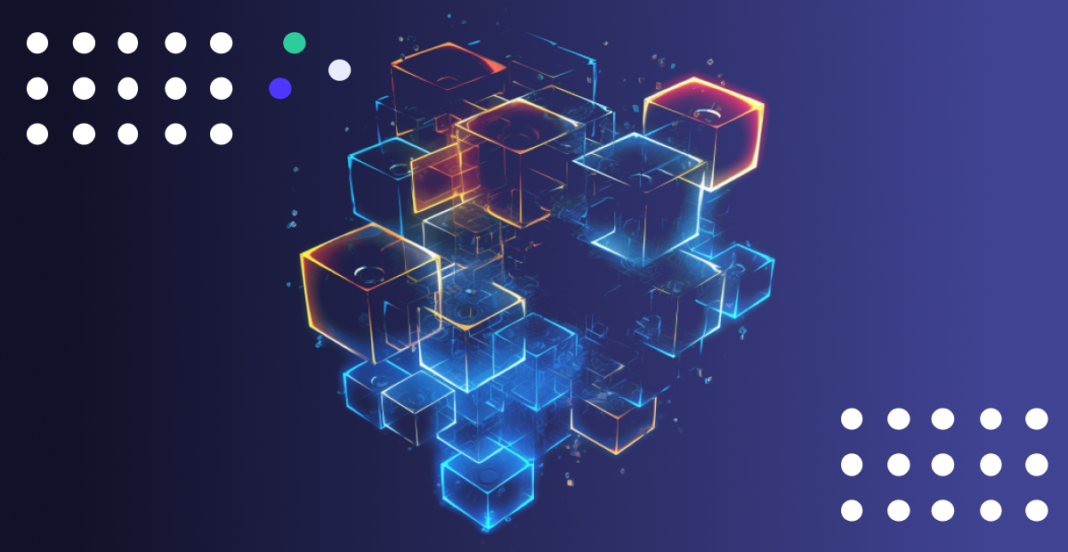If you’re diving into the world of blockchain technology, particularly in the Solana ecosystem, you’ve probably come across the term RPC node. But what exactly is it, and why is it important? In this blog post, we’ll break down what RPC nodes are, how they function, and their significance for developers and users in the Solana network.
What is an RPC Node?
At its core, a Remote Procedure Call (RPC) node is a server that acts as an intermediary between decentralised applications (dApps) and the blockchain. In the case of Solana, RPC nodes allow clients to send commands and interact with the blockchain seamlessly. This interaction can include executing transactions, retrieving data, and monitoring events.
How RPC Nodes Work
When a user or application makes a request to an RPC node, it processes that request and communicates with the Solana blockchain on behalf of the user. Here are a few key functions RPC nodes perform:
- Data Retrieval: Accessing information like account balances, transaction histories, and block details.
- Submitting Transactions: Sending transactions, such as transferring tokens or executing smart contracts.
- Listening for Events: Monitoring the blockchain for specific events or changes in state, so users stay updated in real-time.
Types of RPC Nodes
In the Solana ecosystem, there are two primary types of RPC nodes you should be aware of:
- Public RPC Nodes: These nodes are operated by various service providers and are accessible to anyone. They typically offer free access to the Solana blockchain but might limit the number of requests you can make.
- Private RPC Nodes: These are nodes that you run yourself. They offer enhanced performance, reliability, and security, making them ideal for projects that require higher transaction volumes or specific data needs.
Why Are RPC Nodes Important?Decentralisation
One of the biggest advantages of RPC nodes is their role in promoting decentralisation within the Solana network. By allowing individuals and organisations to run their own nodes, the network becomes less reliant on centralised servers, increasing security and resilience.
Scalability
Solana is known for its impressive scalability, capable of processing thousands of transactions per second. RPC nodes are critical in maintaining this scalability by efficiently handling a large number of requests. If you’re developing on Solana, using a reliable Solana RPC provider can ensure your applications perform smoothly.
Enhanced Developer Experience
For developers, RPC nodes simplify the process of building applications on the Solana blockchain. With well-documented APIs and libraries, developers can integrate blockchain functionality into their dApps without having to manage the complex infrastructure themselves. Resources like RPC node Solana provide essential tools and documentation to help developers get started and optimise their projects.
Setting Up Your Own RPC Node
If you’re interested in running your own RPC node on Solana, here’s a basic overview of the steps involved:
System Requirements
Before you get started, make sure you have the right hardware and software:
- A dedicated server (either cloud-based or on-premises) with at least 12 CPU cores, 64 GB of RAM, and sufficient SSD disk space.
- A stable, high-bandwidth internet connection.
Installation Steps
- Download the Solana Software: Head over to the official Solana website and download the command-line tools.
- Configure Your Node: After installing the software, you’ll need to set up your configuration files. This includes specifying network settings and RPC endpoints.
- Start Your Node: Run the node software and monitor its performance to ensure it’s syncing properly with the Solana network.
- Testing and Optimization: Finally, conduct various RPC calls to ensure everything is functioning correctly.
